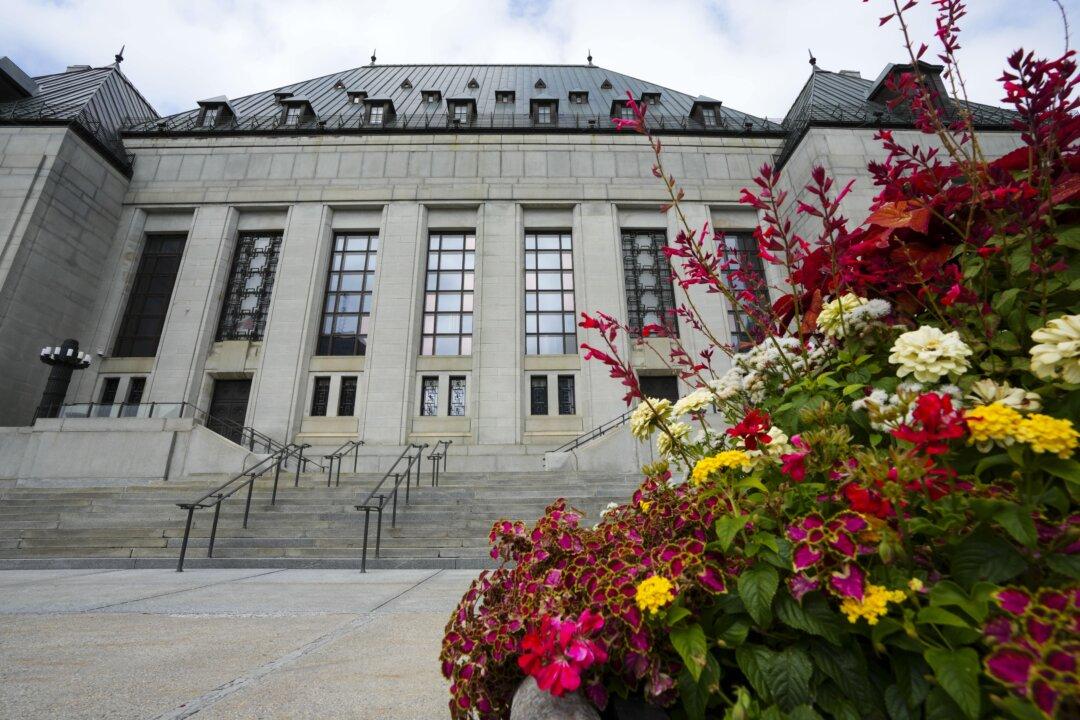The Liberal government has made a change to the questionnaire prospective judges must fill out before applying for a federal judicial appointment.
Updated on Sept. 26, the “Questionnaire for Federal Judicial Appointments” now has an added section, titled, “Self-Identification Regarding Diversity (Optional).”





